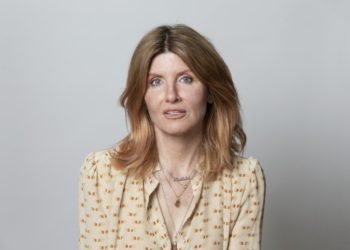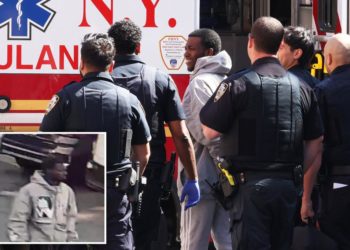The government on Saturday announced that elections will not be held in the provinces of Sweida, Hasaka and Raqqa when the rest of the country votes for a new parliament in September.
The southern province of Sweida is majority-Druze, while most of Hasaka and parts of Raqqa are controlled by the -led Syrian Democratic Forces (SDF).
Why is Syria delaying elections in the three provinces?
The Higher Committee for People’s Assembly Elections said the ballot would be delayed in all three until a “safe environment” was in place according to SANA state news agency.
Sweida in southern Syria is the scene of long-simmering tensions between and Sunni Bedouin tribes over land and resources.
In July, hundreds of people were reported killed in clashes between Druze fighters and Sunni Beduins allied with government forces. to prevent what it claimed was the mass government slaughter of Druze.
Hasaka and Raqqa: Kurds locking horns with Damascus
“The elections are a sovereign matter that can only be conducted in areas fully under government control,” said Commission spokesman Nawar Najmeh of the situation.
Beyond Sweida, the partially SDF-held provinces of .
Implementation of a March deal to integrate Kurdish institutions into the central Syrian government in Damascus has also been held up as SDF forces remain in a tense standoff with the new government.
Election a test for new Islamist government
Last month, the head of the National Electoral Commission announced that national parliamentary elections would be held between September 15 and 20.
The September vote will be the first parliamentary election held since the Islamist government of Ahmed al-Sharaa swept into power after he led a rebel alliance that toppled former President in December.
Sharaa dissolved the existing parliament in January and in March he approved an interim constitution outlining a five-year political transition.
Earlier this week, Sharaa signed a decree granting himself the power to appoint one-third of the parliament’s 210 members — the remainder being selected by appointed local bodies.
Since becoming president, Sharaa has sought to woo the international political and business communities into helping him rebuild his devastated country, destroyed by more than a decade of civil war.
Though he has traded his fighting fatigues for a suit, many critics warn the interim constitution puts too much power in his hands, adding that it also .
Edited by: Saim Dušan Inayatullah
The post Syria delays election in Sweida and Kurdish areas appeared first on Deutsche Welle.




